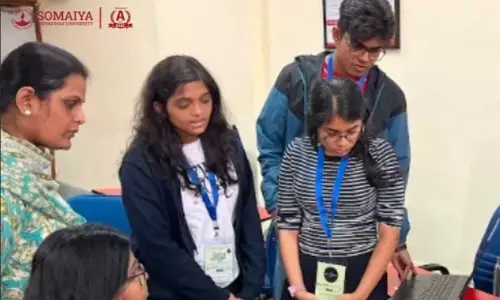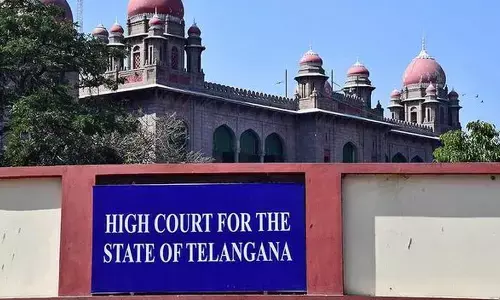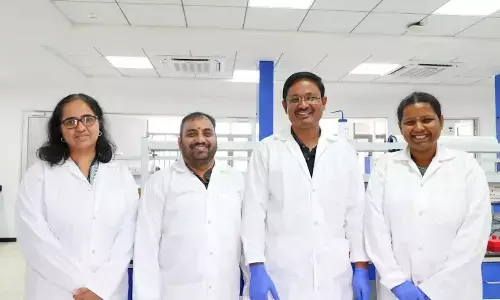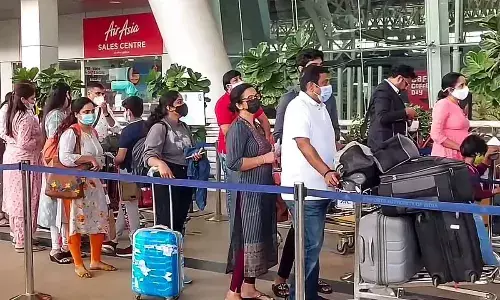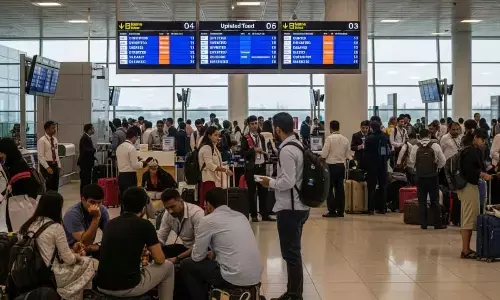India, UK collaborate on SMART early warning flood alert system
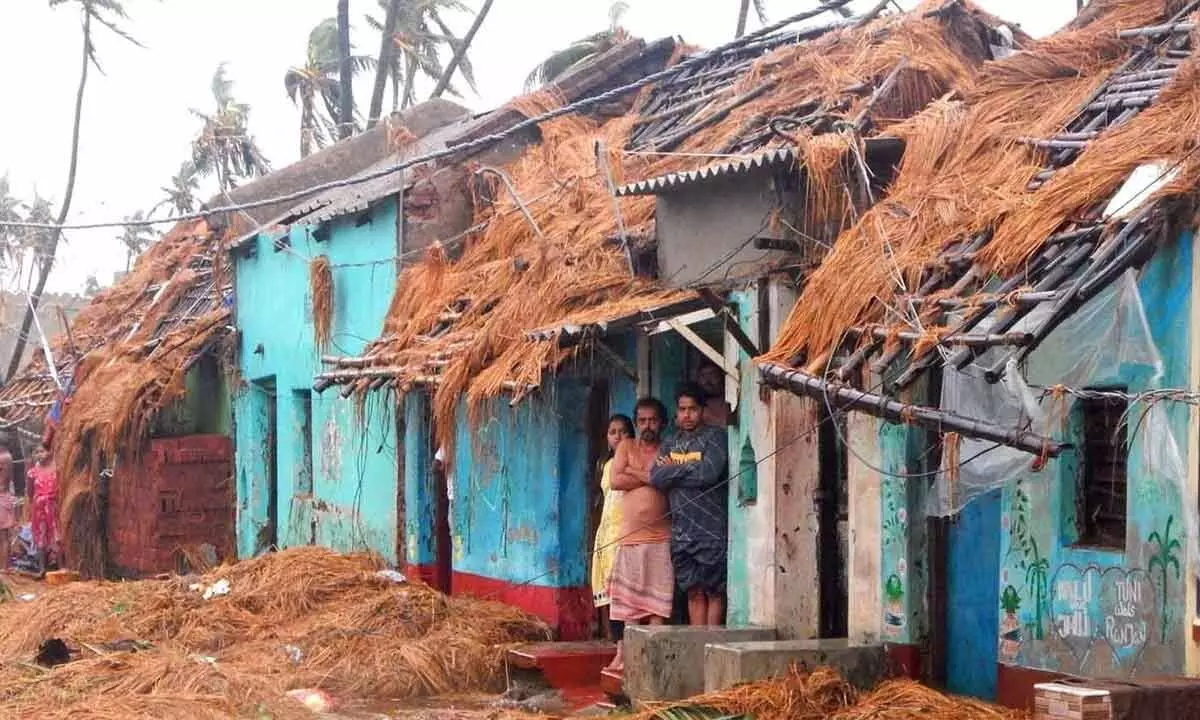
India, UK collaborate on SMART early warning flood alert system
Scientists from India and the UK have come together to create a real-time early warning system to help reduce the devastating impact of flooding on people and property, particularly in mountainous regions where extreme water events are a major problem
Scientists from India and the UK have come together to create a real-time early warning system to help reduce the devastating impact of flooding on people and property, particularly in mountainous regions where extreme water events are a major problem. An international team of researchers from the University of Birmingham, Imperial College London, Indian Institute of Technology Roorkee, and People's Science Institute, Dehradun, worked on integrating science, policy and local community-led approaches to create a so-called SMART approach that better fits the local context.
Publishing their findings in 'Natural Hazards and Earth System Sciences' this week, the team hopes their new approach could better signal impending risk from flooding around the world. "A 'wicked' problem is a social or cultural challenge that's difficult or impossible to solve because of its complex, interconnected nature. We believe that integrating social science and meteorological data will help to identify unknown parts of the puzzle when designing an early warning system," said co-author Tahmina Yasmin, Postdoctoral Research Fellow at the University of Birmingham. "Better engaging with communities and analysing social factors identified by the community at risk – for example, illegal settlement beside riverbanks or slums – will help those driving policy to better understand the risks posed by these hydrometeorological extremes and plan flood response and mitigation which provides communities with improved protection," she said.
The SMART approach covers: Shared understanding of risks ensuring every group of people in a community is represented and a wide range of data collection methods are used; Monitoring risks and establishing warning systems that build trust and exchange critical risk information – helping to maintain the forecasting system. Building awareness through training and capacity development activities which embed understanding of real-time weather and flood alert information; indicating pre-planning Response actions on Time with comprehensive disaster management and evacuation plans based on the alert produced by the early warning system. Co-author David Hannah, Professor of Hydrology and UNESCO Chair in Water Sciences at the University of Birmingham, added: "Developing community trust in government agencies and tech-focused forecasting, whilst using community-led means of gathering information in data-scarce mountainous regions is critical in protecting vulnerable people. "Using this SMART approach to engage communities in developing inclusive and purposeful early warning systems will undoubtedly help to develop capacity, adaptation, and resilience in the face of more extreme water extremes, such as floods and droughts, and increased uncertainty under global change."
As a result of climate change, flash floods are becoming more frequent and damaging to the lives and property of vulnerable people. Scientists believe that combining meteorological data with information on how people live and work in flood-prone regions, will help disaster risk managers, hydrologists, and engineers design better ways of raising the alarm ahead of major floods. The other authors of the latest India-UK collaborative approach entitled 'Brief communication: Inclusiveness in designing an early warning system for flood resilience' included Kieran Khamis, Anthony Ross, Subir Sen, Anita Sharma, Debashish Sen, Sumit Sen and Wouter Buytaert.




